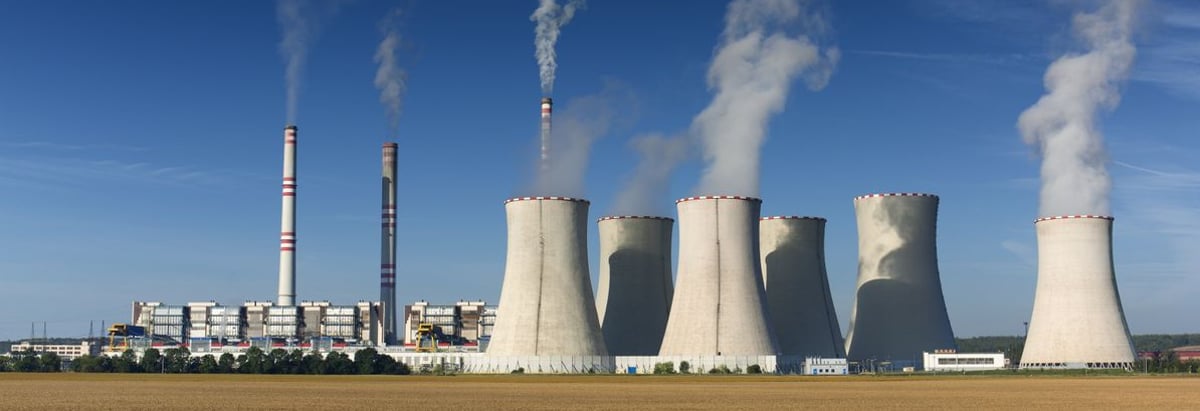- Brazil
- /
- Renewable Energy
- /
- BOVESPA:ENEV3
Eneva's (BVMF:ENEV3 three-year decrease in earnings delivers investors with a 11% loss

Many investors define successful investing as beating the market average over the long term. But the risk of stock picking is that you will likely buy under-performing companies. Unfortunately, that's been the case for longer term Eneva S.A. (BVMF:ENEV3) shareholders, since the share price is down 11% in the last three years, falling well short of the market return of around 28%.
After losing 3.7% this past week, it's worth investigating the company's fundamentals to see what we can infer from past performance.
While the efficient markets hypothesis continues to be taught by some, it has been proven that markets are over-reactive dynamic systems, and investors are not always rational. One imperfect but simple way to consider how the market perception of a company has shifted is to compare the change in the earnings per share (EPS) with the share price movement.
Eneva became profitable within the last five years. We would usually expect to see the share price rise as a result. So given the share price is down it's worth checking some other metrics too.
We note that, in three years, revenue has actually grown at a 29% annual rate, so that doesn't seem to be a reason to sell shares. This analysis is just perfunctory, but it might be worth researching Eneva more closely, as sometimes stocks fall unfairly. This could present an opportunity.
The image below shows how earnings and revenue have tracked over time (if you click on the image you can see greater detail).

We know that Eneva has improved its bottom line lately, but what does the future have in store? So we recommend checking out this free report showing consensus forecasts
A Different Perspective
It's good to see that Eneva has rewarded shareholders with a total shareholder return of 6.7% in the last twelve months. Since the one-year TSR is better than the five-year TSR (the latter coming in at 1.6% per year), it would seem that the stock's performance has improved in recent times. Someone with an optimistic perspective could view the recent improvement in TSR as indicating that the business itself is getting better with time. I find it very interesting to look at share price over the long term as a proxy for business performance. But to truly gain insight, we need to consider other information, too. Consider for instance, the ever-present spectre of investment risk. We've identified 2 warning signs with Eneva (at least 1 which shouldn't be ignored) , and understanding them should be part of your investment process.
Of course Eneva may not be the best stock to buy. So you may wish to see this free collection of growth stocks.
Please note, the market returns quoted in this article reflect the market weighted average returns of stocks that currently trade on Brazilian exchanges.
Valuation is complex, but we're here to simplify it.
Discover if Eneva might be undervalued or overvalued with our detailed analysis, featuring fair value estimates, potential risks, dividends, insider trades, and its financial condition.
Access Free AnalysisHave feedback on this article? Concerned about the content? Get in touch with us directly. Alternatively, email editorial-team (at) simplywallst.com.
This article by Simply Wall St is general in nature. We provide commentary based on historical data and analyst forecasts only using an unbiased methodology and our articles are not intended to be financial advice. It does not constitute a recommendation to buy or sell any stock, and does not take account of your objectives, or your financial situation. We aim to bring you long-term focused analysis driven by fundamental data. Note that our analysis may not factor in the latest price-sensitive company announcements or qualitative material. Simply Wall St has no position in any stocks mentioned.
About BOVESPA:ENEV3
Moderate growth potential and slightly overvalued.
Similar Companies
Market Insights
Community Narratives




